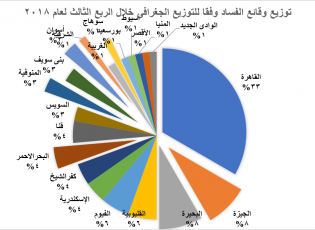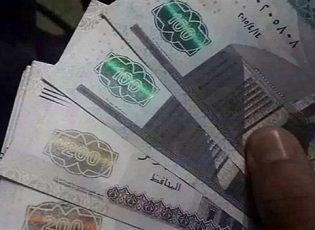An Arab visionAfter the deportation of Syrian refugees from Greece to TurkeyJurists: The European Union violates international law |
| Yesterday, Monday, the first Turkish ferry carried the first batch of refugees from Greece to Turkey, inaugurating the implementation of the agreement between the European Union and Ankara to limit the flow of refugees to Europe. It is expected that 750 refugees will be returned to Turkey to date in the first stage of the repatriation. This matter criticized by many human rights organizations and deemed to be contrary to all the human values advocated by the European Union. There is ambiguity surrounding the fate of the refugees after their return to Turkey. After the entry into force of the European-Turkish agreement and the approval of the Greek parliament to pass a law allowing the return of refugees who illegally poured into Turkey, they face a terrifying fate, especially after they endured long journeys during which they swallowed pain and some of them lost those who accompanied him until they arrived in Turkey and from there to Greece via Aegean Sea. Their dream of reaching Europe vanished due to the latter's closure of its coasts in front of them. The issue of the influx of refugees, especially Syrians, to European countries caused a lot of consternation and dealt with it with great cruelty. Two days ago, the Greek parliament had already passed a law approved by 169 deputies out of a total of 300 members allowing the return of refugees again to Turkey. Under it, the United Nations High Commissioner for Refugees appealed to all parties to the recent agreement between the European Union and Turkey to exercise caution and find all guarantees before the return of any refugee from Greece to Turkey. Greece has been forced to host refugees due to closed borders elsewhere in Europe, and there are currently about 51 thousand refugees and migrants in Greece. 5,000 of them are on the islands and 46,000 others are on the mainland. The war in Syria, which spanned over the past five years, has forced 4.8 million Syrians to seek refuge in neighboring countries. Hundreds of thousands of Syrians have fled to Europe, as well as the displacement of 6.6 million people inside the country. Lebanon alone hosts more than a million Syrian refugees, an average of one for every four citizens. It is estimated that 70% of them live below the national poverty line. While in Europe the ratio of refugees or immigrants is one for every 500 citizens, after allowing the influx of one million people seeking shelter to escape war and persecution in 2015. The data released by the High Commissioner for Refugees showed that the total number of refugees via land and sea to Greece since January of last year reached one million and 357 people, including those arriving across the Mediterranean through Italy. The number of people displaced by war and conflict is currently the largest in Eastern and Central Europe since the Balkan crisis in 1990. In spite of this, Ban Ki-moon, the Secretary-General of the United Nations, called on the international community to assume its responsibilities towards the refugees and to resettle 480,000 Syrian refugees in Europe. Perhaps these invitations did not find an echo today. Were d. Walaa Jad al-Karim, Director General of the Partners for Transparency Foundation, that the issue of Syrian refugees was used in the political equation between Turkey and the European Union, and there is a conviction that Turkey sold Syrian refugees and collected the price in light of clear European complicity, as Turkey obtained 6.3 billion euros in exchange for stopping the flow of refugees to its lands, which means Take repressive measures that are inconsistent with international law and return them again to conflict areas in Syria. He adds: Turkey's stopping the flow of refugees is contrary to international human rights. Turkey blackmailed the European Union, and the latter responded to this blackmail. It can be said that he forgot or overlooked all that is said about human rights. The only solution to this issue is for Europe to play an active and just role in the Syrian issue. Syria is not safe until refugees can be returned to it, especially since there is a conflict between the various Syrian factions, whether the regime, al-Nusra Front, or ISIS. And each of these factions has those who support it with money, weapons and equipment. Therefore, it is necessary to work first to stop the fighting in Syria and to achieve a peaceful transfer of power. And stop supplying arms to the warring factions there. And also to stop exporting the Syrian problem to Arab countries. Today, they are talking about the settlement of Syrian refugees in Lebanon. Until all this happens, Europe must assume its responsibilities to absorb the Syrian refugees. The Republic |
An Arab vision: After the deportation of Syrian refugees from Greece to Turkey













